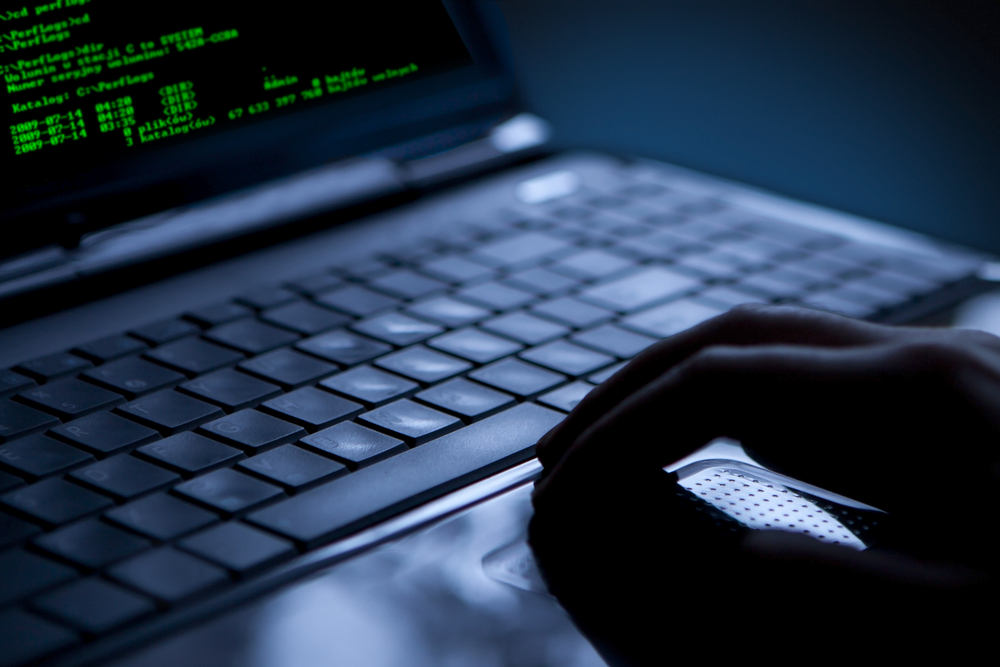United States -During the 2016 U.S. Presidential campaign, the great destructive potential of hack and leak operations became clear to the American public, as vast troves of emails stolen from the Democratic National Committee with embarrassing and damaging revelations for Hillary Clinton were released.
The intelligence community later attributed the leaks to Russia. Campaigns bearing the same hallmarks have been reported throughout Europe, including a suspected Russian hack and leak operation before Britain’s election last year. While Russia has captured the most headlines for its cyberespionage activities, many other nations have targeted the American government and citizenry, including China which reportedly intruded into the U.S. Office of Personnel Management in 2015 and Iran, which has reportedly conducted major attacks on the New York Stock Exchange, a dam in New York, a Las Vegas casino, and the city of Atlanta.
New reports emerged this week that the U.S. Director of National Intelligence is going to examine reported hack-and-leak operations carried out by the Qatari government as part of their influence activities in Washington, including operations targeting former Republican National Committee (RNC) vice-chairman Elliott Broidy.
Broidy has sued the Qatari government along with former U.S. intelligence operatives, several Washington lobbyists, and a former UN official, who he alleges hacked his emails and distributed the contents to news media.
The DNI investigation highlights the increasing focus that the U.S. intelligence community has placed on countering the danger of hack-and-leak operations carried out on American soil.

![]()
